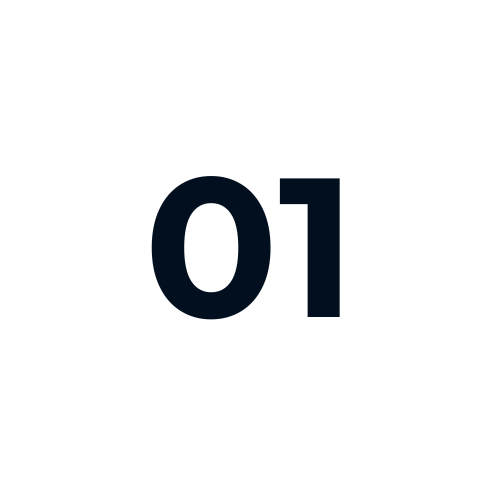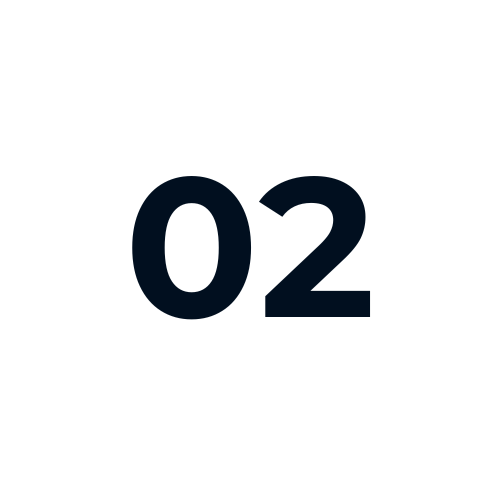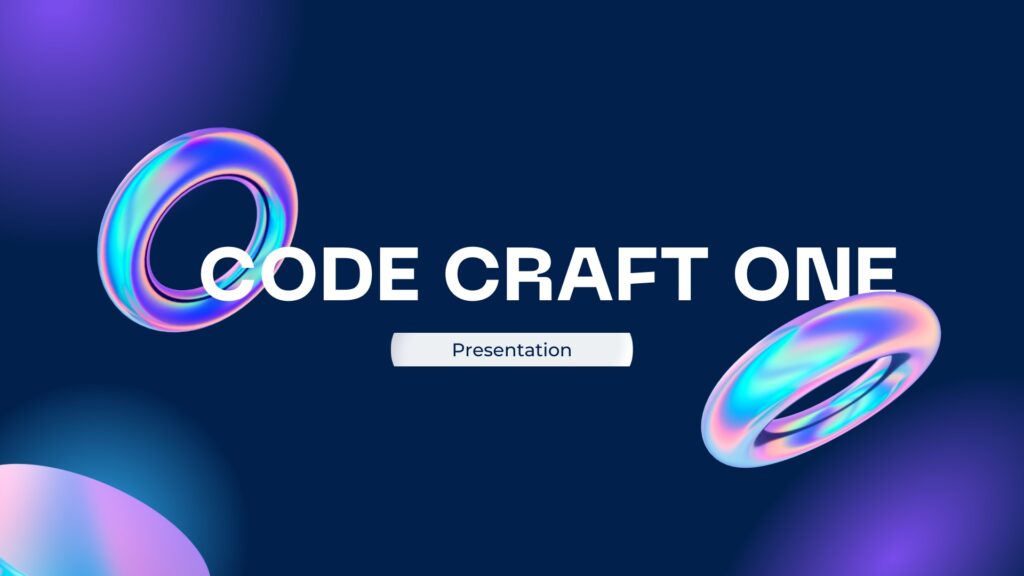WORKING AT CODE CRAFT INFOTECH
Recruitment Interview Process
"We have developed a streamlined and consistent four-step process to assess whether CODECRAFT is the right fit for your needs, and vice versa."

Screening
"Your CV will be reviewed by HR, and you will be shortlisted if your qualifications align with the specified requirements."

Assignment
"Shortlisted candidates will be asked to complete an assignment that will allow us to assess your expertise."

Interview
"Your communication, problem-solving, and technical abilities will be evaluated through a one-on-one assessment."

Job Offer
You will receive an email from our HR department within 3 to 4 days regarding the status of your application.
Interested in joining our team of experts?
Careers at CODECRAFT
Faq
Frequently Asked Questions
Frequently Asked Questions (FAQ) About My Role and Work Process at CODE CRAFT INFOTECH
What is the typical interview process like?
Answer: The interview process usually consists of multiple stages:
- Initial Screening: A phone or video call to discuss your background, skills, and interest in the role.
- Technical Interview: You’ll be tested on coding, problem-solving, and algorithms. This may involve live coding or solving problems using platforms like HackerRank.
- System Design Interview: Focuses on your ability to design scalable systems and architecture.
- Behavioral Interview: Assesses cultural fit, teamwork, and communication skills.
- Final Interview: Sometimes includes a senior team member or manager to assess your technical knowledge and cultural fit further.
What skills are most important for a software developer position?
Answer: Key skills include:
- Programming Languages: Proficiency in languages such as Java, Python, C++, JavaScript, etc.
- Problem-Solving: Ability to solve algorithmic and logical problems efficiently.
- Version Control: Experience with Git or other version control systems.
- Databases: Knowledge of SQL and NoSQL databases.
- Software Development Methodologies: Familiarity with Agile or Scrum.
- Soft Skills: Strong communication, collaboration, and time management.
How can I prepare for the technical interview?
Answer:
- Practice coding: Use platforms like LeetCode, CodeSignal, or CodeWars to improve coding skills.
- Review data structures and algorithms: Make sure you understand arrays, linked lists, trees, graphs, and sorting algorithms.
- System design: Read up on system design principles and practice designing scalable applications.
- Mock interviews: Consider doing mock technical interviews with peers or using platforms like Pramp or Interviewing.io.
What can I expect in the system design interview?
Answer: In a system design interview, you will be asked to design a system or application, often from scratch.
- Common topics: Designing web applications, distributed systems, databases, APIs, or microservices.
- Tips: Focus on scalability, reliability, and performance. Discuss trade-offs between different solutions and justify your choices. Be prepared to draw architecture diagrams and discuss bottlenecks.
How long does the interview process take?
Answer: The process can take anywhere from one to four weeks, depending on the company.
- Screening: 1-3 days after application submission.
- Technical interviews: Typically 1-2 weeks for scheduling and conducting interviews.
- Offer: Companies may take a week or more to finalize their decision and make an offer.
What are some red flags that companies look for in candidates?
Answer:
- Lack of preparation: Not understanding the job requirements or the company’s tech stack.
- Poor communication: Struggling to explain solutions or collaborate during problem-solving.
- Inconsistent work history: Frequent job changes or unexplained gaps in employment.
- Lack of passion or interest: Not showing genuine interest in the company or role.
How important is the culture fit in the hiring process?
Answer: Culture fit is very important. Companies look for candidates who align with their values and work environment. You’ll likely be asked about your teamwork, conflict resolution, and work-life balance preferences during the behavioral interview. It’s important to show that you can work well with the team and adapt to the company’s environment.
Should I ask questions during the interview?
Answer: Yes, asking thoughtful questions is a great way to demonstrate your interest in the role and the company. Examples include:
- “What is the team structure like?”
- “What is the development process here?”
- “What are the biggest challenges the team is currently facing?”
- “How does the company support professional growth?”
What are some signs that I’ve done well in an interview?
Answer:
- The interviewer engages with you in a two-way conversation rather than just asking questions.
- You’re given opportunities to ask detailed questions about the team or the projects.
- You’re asked to come back for additional interviews or technical assessments.
- The interviewer shows excitement about your background or skills.
What happens if I don’t get the job?
Answer:
- Feedback: You may receive feedback on areas for improvement, such as technical skills or interview performance.
- Reapply: If the company provides positive feedback, you can reapply for future openings.
- Stay connected: Maintain a professional connection with the company. Follow up via LinkedIn and stay informed about future job openings.

